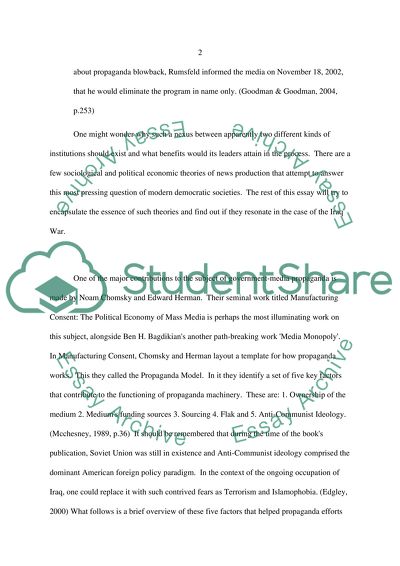Cite this document
(“In what ways do sociological and political economic theories of news Essay”, n.d.)
Retrieved from https://studentshare.org/environmental-studies/1409715-in-what-ways-do-sociological-and-political
Retrieved from https://studentshare.org/environmental-studies/1409715-in-what-ways-do-sociological-and-political
(In What Ways Do Sociological and Political Economic Theories of News Essay)
https://studentshare.org/environmental-studies/1409715-in-what-ways-do-sociological-and-political.
https://studentshare.org/environmental-studies/1409715-in-what-ways-do-sociological-and-political.
“In What Ways Do Sociological and Political Economic Theories of News Essay”, n.d. https://studentshare.org/environmental-studies/1409715-in-what-ways-do-sociological-and-political.


